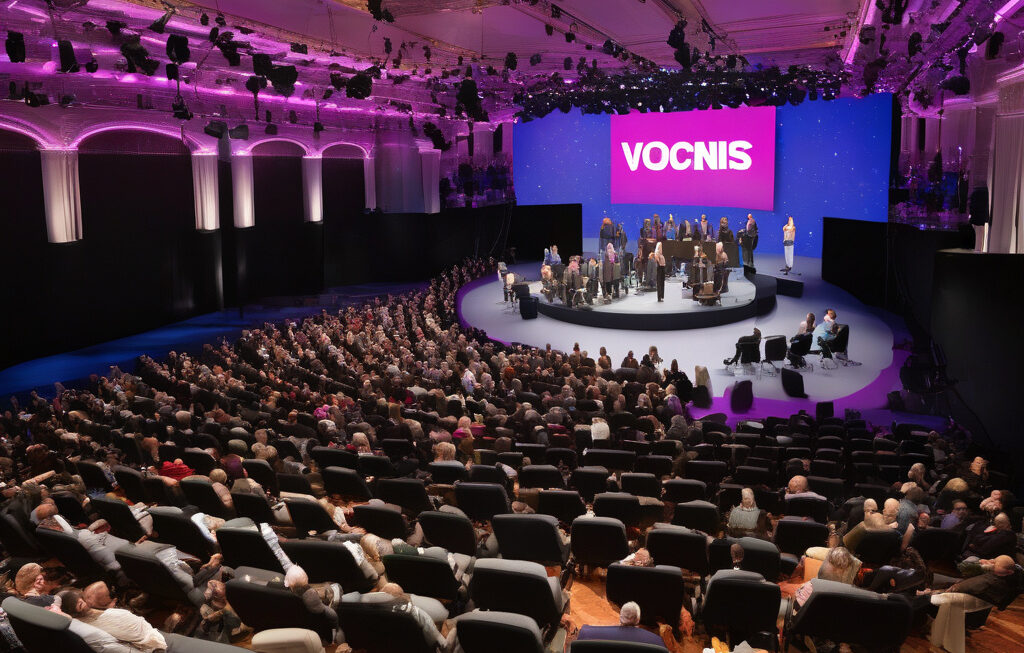Is Social Media Dominated by Bots? Altman Questions the Status Quo
In a world where social media plays an increasingly dominant role in our lives, the question of who – or what – is behind the content we see has become more pressing than ever. Recent remarks by OpenAI CEO, Sam Altman, have reignited the debate surrounding the prevalence of bots and AI-generated content on social media platforms. Altman’s comments have once again brought to light the so-called “dead internet theory,” which posits that bots and artificial intelligence have overtaken and now dominate online spaces.
The notion that social media may be overrun by bots is not a new one, but Altman’s words have injected new life into this long-standing discussion. With the rise of AI technology and the increasing sophistication of bots, the line between human-generated and automated content has become increasingly blurred. This raises important questions about the authenticity of the information we encounter online and the extent to which our online interactions are shaped by non-human actors.
One of the key concerns surrounding the prevalence of bots on social media is the potential for misinformation and manipulation. Bots can be programmed to spread false information, amplify certain viewpoints, and manipulate online discussions in ways that are not always immediately apparent to the average user. This has significant implications for our understanding of current events, public discourse, and even democratic processes, as the spread of misinformation can have far-reaching consequences.
Moreover, the dominance of bots on social media raises questions about the very nature of our online interactions. If a significant portion of the content we see is generated by automated systems, to what extent are we truly engaging with other individuals? The rise of bots challenges traditional notions of authenticity and human connection in the digital age, forcing us to reconsider the ways in which we navigate and make sense of the online world.
Despite these concerns, it is important to acknowledge the potential benefits that AI technology and bots can bring to the realm of social media. Automated systems can help streamline content creation, improve customer service, and enhance the overall user experience on various platforms. When used responsibly and transparently, AI-generated content has the potential to enrich our online interactions and open up new possibilities for creativity and engagement.
In light of Altman’s remarks and the ongoing debate surrounding the influence of bots on social media, it is clear that we are at a critical juncture in our relationship with online platforms. As we continue to navigate this rapidly evolving digital landscape, it is essential that we remain vigilant, critical, and informed about the content we consume and the sources behind it. By staying aware of the presence of bots and AI-generated content, we can better equip ourselves to navigate the complexities of the modern online world and make informed decisions about our digital interactions.
In conclusion, the question of whether social media is dominated by bots is a complex and multifaceted issue that requires careful consideration. While the rise of AI technology presents new challenges and uncertainties, it also offers opportunities for innovation and growth in the digital sphere. By critically examining the role of bots in shaping our online experiences, we can work towards creating a more transparent, authentic, and engaging online environment for all users.
#SocialMedia, #Bots, #AI, #OnlineInteractions, #DigitalEthics












